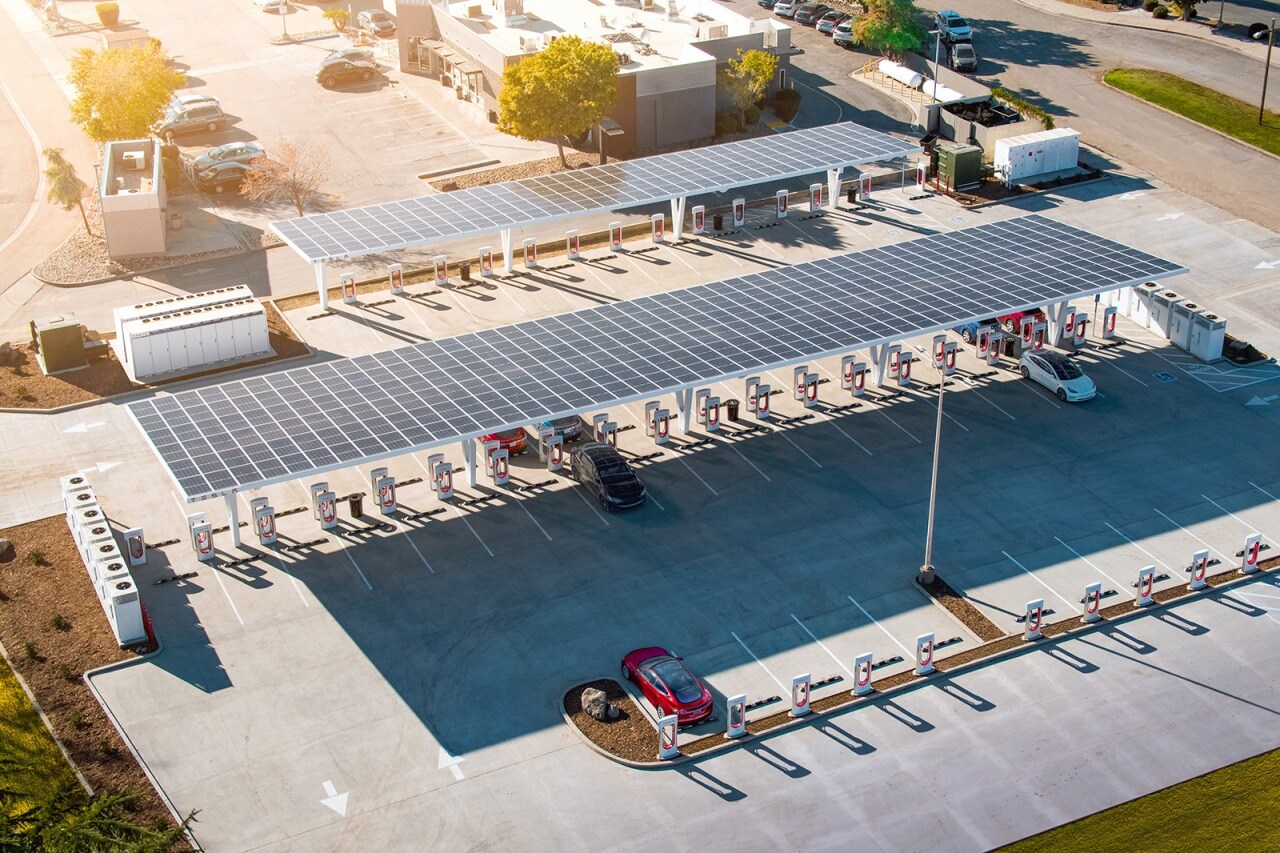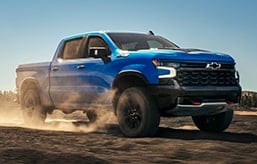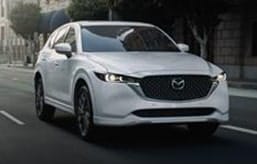- Tesla plans to open up Supercharger network to non-Tesla EVs.
- Company plans to start production of necessary equipment by end of year.
- Program aligns with $7.5 billion U.S. investment in nationwide charging infrastructure.
Tesla Will Soon Open Supercharger Network to Other EVs
White House highlights Tesla and other charging networks' efforts to accelerate EV ownership
A recent White House memo outlines Tesla's plans to open its Supercharger network to non-Tesla EVs in the United States. The memo states that Tesla's factory in Buffalo, N.Y., that produces Supercharger stations will also "support the deployment of new fast charging stations to add to its fast-charging network."
How much Tesla intends to spend isn't detailed, but the memo indicates investments will cover the costs to produce "charging cabinets, posts and cables," along with components that convert alternating current to direct current. The memo indicates that later this year, Tesla will begin production of the components needed for non-Tesla EVs to use Superchargers. Whether Tesla will build new dual-use chargers from scratch, or build components to retrofit existing chargers, or make these components available for purchase separately, is also unclear. Notably, the memo does not give a timetable for when these components or chargers will be deployed. Tesla has not responded to Edmunds' request for comment.
In a January 2022 proposal seeking federal funding, Tesla recommended installing combined charging system (CCS) connectors (while cheekily lobbying for a rebate on existing Tesla-only connectors) that can accommodate non-Tesla EVs. Tesla currently offers around 1,200 Supercharger locations in the U.S., with a varying number of chargers per location.
A test run in Europe
Tesla has offered a non-Tesla charging pilot program in Europe since November of last year. The company says it is using the European program to "review the experience, monitor congestion and assess feedback before expanding" and that "future sites will only be opened to non-Tesla vehicles if there is available capacity." Tesla says the same "idle" fees — fees incurred while remaining in a charging stall after a car is fully charged — will also apply to non-Tesla owners. Both measures might help alleviate the concerns of stateside Tesla owners already frustrated with congested charging locations.
A good start but will it be enough?
The White House is keen to highlight the efforts of Tesla and other charging infrastructure companies, such as Electrify America, ChargePoint and Siemens, as the Biden administration pursues a goal of deploying 500,000 fast chargers nationwide by 2030. The government has allotted $7.5 billion from the Build Back Better legislation to building out the nation's charging infrastructure, distributed from a fund overseen jointly by the Department of Energy and Department of Transportation.
Alix Partners, a global consulting firm, estimates that the program falls well short of the $50 billion investment required to meet the projected demands for electrification in 2030.
Edmunds says
Tesla opening its fast-charging network to other automakers' EVs would go a long way to accelerating EV ownership.
Am I Ready for an EV?
- EV ownership works best if you can charge at home (240V outlet)
- Adding a home charging system is estimated to cost $1,616 in
- Edmunds is partnering with Treehouse, an independent provider of home EV installation services. Learn more about the installation services partnership



 by
by